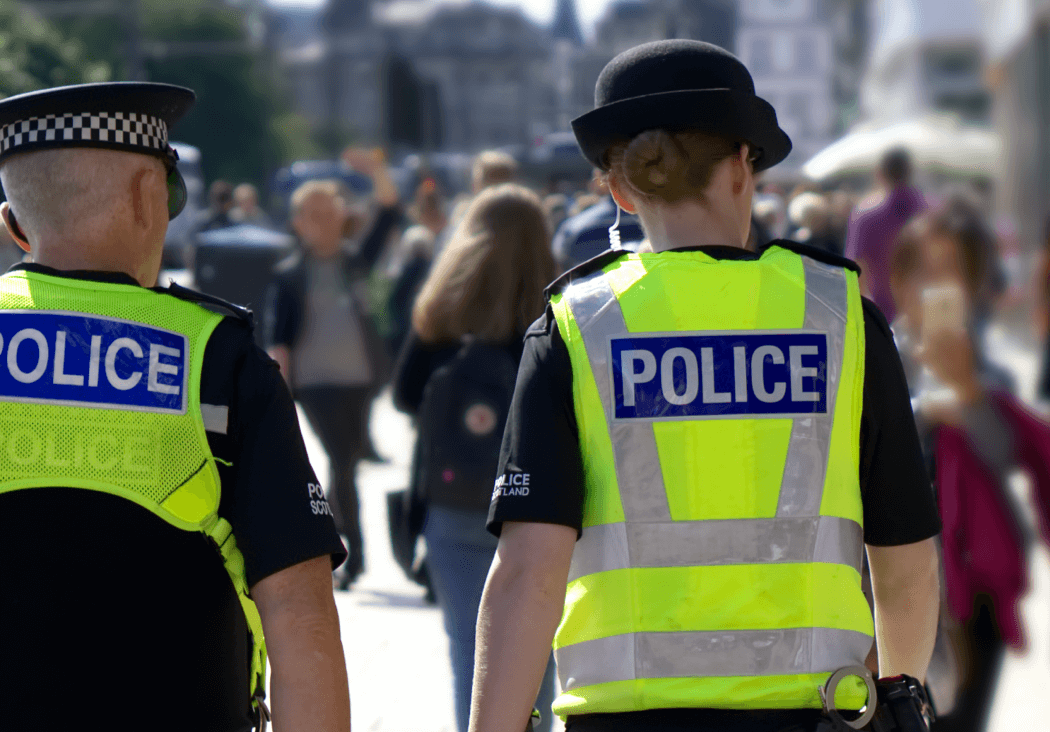When something traumatic happens, knowing what to do – and what options are open to you – can bring a small sense of comfort to a horrible situation. We’ve gathered below a variety of resources, information and advice so you can explore your options.

A missed illness or condition can be catastrophic to a person’s life. Often, our clients with long-term injuries or illness will have faced a situation where their doctor gave them the wrong diagnosis (misdiagnosis), failed to identify the condition, or didn’t diagnose their condition promptly (delayed diagnosis).
4 in 10 (43%) respondents to our survey said they’d know what to do if a doctor failed to diagnose their condition correctly. 6 in 10 (61%) also state they’d know what to do if a doctor was inappropriate with them. Some of the avenues open to people whose doctor(s) failed to identify their illness, misdiagnosed them, or delayed diagnosis include:

Everyone should feel safe in their place of work. The good news is that 50% of respondents to our survey believe their workplace takes bullying, discrimination or harassment claims seriously. Additionally, over half (54%) agree that they’d know how to complain in instances of sexual harassment and a similar proportion (55%) would feel comfortable making a complaint about discrimination at work.
There is a stark divide in how people of different ages respond. 16-24-year-olds are the least likely to state they’d know what to do regarding discrimination and sexual harassment at work. Only 4 in 10 (40%) 16-24-year-olds say they believe their workplace takes these issues seriously, compared to over 5 in 10 (53%) aged 25-34 and almost 6 in 10 (56%) aged 35-44. As the younger generation prepare to enter the workplace, it’s important there’s information available to them so they’re empowered to take action should something happen.
One way of doing this is to reassure them that the law is on their side. The Equality Act 2010 means there are options for anyone facing harassment at work based on a protected characteristic such as age, gender, disability, race, religion or belief, or sexual orientation. No matter your age, if you experience any of these issues at work, the following could help:

Generally, the British public aren’t afraid to seek legal advice. When facing unfair treatment, harassment, discrimination, abuse, or a medical misdiagnosis, 41% of respondents said they’d feel comfortable approaching a law firm for help.
Despite this, the majority (52%) believe there are too many barriers to getting legal support and 6 in 10 (59%) say it’s too expensive to do so. Just 16% disagree that there are too many barriers to getting legal support and only 13% disagree with the statement that legal support is too expensive; while the rest neither agree nor disagree.
Be assured that if you do fall victim to something traumatic or unjust, you can usually contact a lawyer for initial help without being charged for their time. Some legal professionals and advice charities may offer free legal advice, while you may also be able to get free legal advice via your trade union or insurance policy.
Some law firms also take cases on a Conditional Fee Agreement basis (also known as “no win no fee”), particularly when it comes to personal injury or medical negligence, which means you will only have to pay if you win your compensation claim. Our article about No Win No Fee Solicitors covers the topic in detail.

Only 3 in 10 (32%) of our survey respondents stated nothing would make them hesitate to contact the police if something traumatic or unjust happened.
And, when asked to choose from statements regarding sexual assault, the most common choice among respondents was that they’d hesitate to contact the police as the police might not believe them (chosen by 17% of respondents). 16-24-year-olds were more likely to say so than those aged 55+ (23% vs 14%).
If you’re within these groups of people, how do you seek justice? You might want to consider seeking out other organisations, such as Citizens Advice, other social justice organisations, or law firms for advice and support.